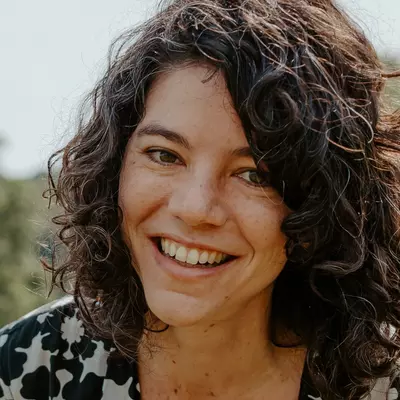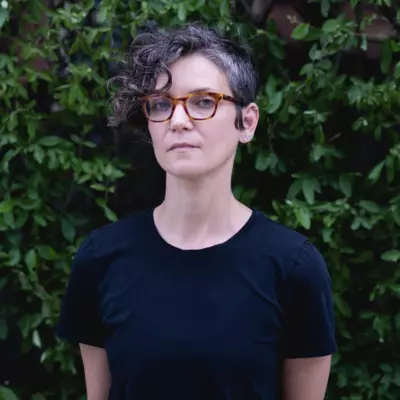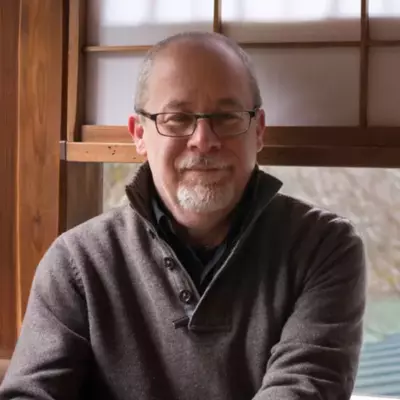
Pariah Spaces: Brazilian Favelas and US Public Housing Projects
March 21, 2024 | 3:00PM - 5:00PM
|
In-person
This event was held at 1 Devonshire Place, Toronto, ON, M5S 3K7
This presentation argued that a transnational approach to explore what Professor Purdy call “pariah spaces” offers a fresh and exciting perspective to understand several key aspects of the shared histories of urban social inequality and territorial stigmatization in the Americas. Dealing specifically with two examples – North American public housing projects and Brazilian favelas – Purdy offered ample evidence that external representations of such spaces share wider cultural and social meanings in state, media and public discourse throughout the Americas: the “marginal” spaces of North and South American cities are not solely seen as areas of poverty; they are regarded as sites of socially and culturally disorganized populations characterized by dangerous social pathologies. Marginality is thus simultaneously a representation/identity and a structure/place. However, there are limits to the ability of transnational perspectives to adequately analyze all aspects of the history and experiences of favelas and public housing developments, especially concerning political economy and larger questions of state organization and practices. Purdy thus concluded that we still need more local, regional, national and comparative research on such phenomena as well as transnational approaches.
About the Speakers:
Sean Purdy
Sean Purdy is professor of the History of the Americas at the University of São Paulo since 2006. His research focuses on workers' and social movements in the United Status, Canada and Brazil in the post-Second World War era. He has published widely in English and Portuguese in historical and social science journals as well as in the popular press. He has translated four books from Portuguese to English as well as dozens of specialist journal articles.
Carolina Sa Carvalho Pereira
Carolina Sá Carvalho writes about modern Latin American arts, photography, film, and literature, with a focus on Brazil, coloniality, extractivism, and infrastructure. She is currently working on a book-length project on mosquitoes and the aesthetics and politics of contagion in 20th and 21st-century Brazil.
She is the author of Traces of the Unseen: Photography, Violence, and Modernization in Early Twentieth-Century Latin America (Northwestern UP, 2023). The book examines the role of photography as visual evidence of the destructive processes of infrastructure development and extractive capitalist expansion in the Amazon and outside the Brazilian metropole. Combining formal analysis of individual photographs with their inclusion in larger multi-media assemblages, Traces of the Unseen explores how photographs of violence were framed, captioned, cropped, and circulated to develop singular pedagogies of the gaze and teach increasingly interconnected urban publics how to interpret them within the larger context of capitalist modernization. Traces of the Unseen draws on works by Flavio de Barros, Euclides da Cunha, Roger Casement, Claude Lévi-Strauss, and Mario de Andrade to situate an unruly photographic body at the center of modernity, in all its disputed meanings. Carolina Sá Carvalho teaches courses on Luso-Afro-Brazilian arts, film, literature, and cultures. At the graduate level she teaches a variety of seminars such as the Politics and Aesthetics of Multispecies Contagion, Latin American Visual Culture, and Home and Dwelling in Latin America. Before joining the University of Toronto, she was a faculty member at the University of North Carolina at Chapel Hill.
Zoe Wool
Zoë Wool is assistant professor in the department of anthropology at the university of toronto, where she is also an affiliate of Center for the Study of the United States and the Women and Gender Studies Institute and core faculty at the Center for Global Disability Studies. Her work spans anthropology, disability studies, queer theory, and feminist science and technology studies, with a focus on the materialities of post-9/11 war making and military harm, and the tyrannies of normativity in the contemporary United States. Wool is director of the TWIG Research Kitchen, a feminist space for tinkering with collaborative and convivial modes of scholarship about toxicity, waste, and infrastructure. She is the author of After War: The weight of life at Walter Reed (Duke UP, 2015), as well as many articles in journals such as Social Text, Catalyst, Cultural Anthropology, American Ethnologist, and Medical Anthropology Quarterly, where she is currently associate editor.



